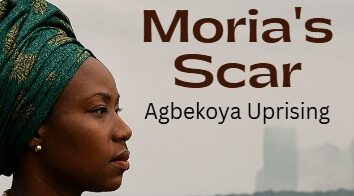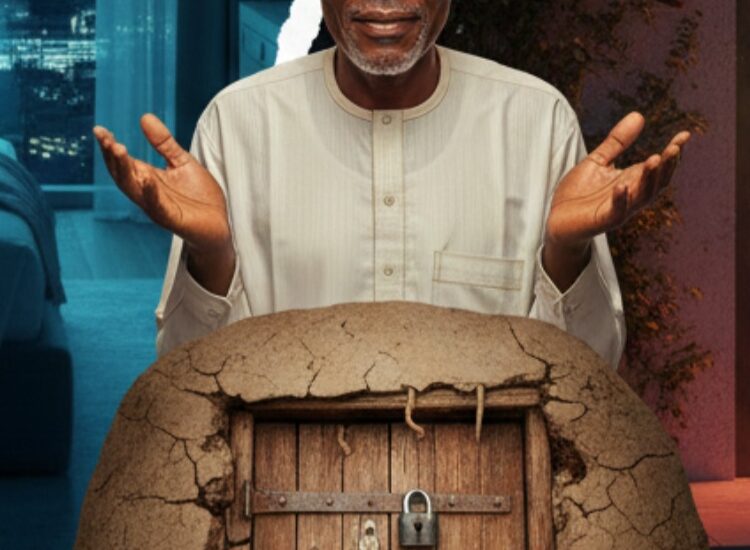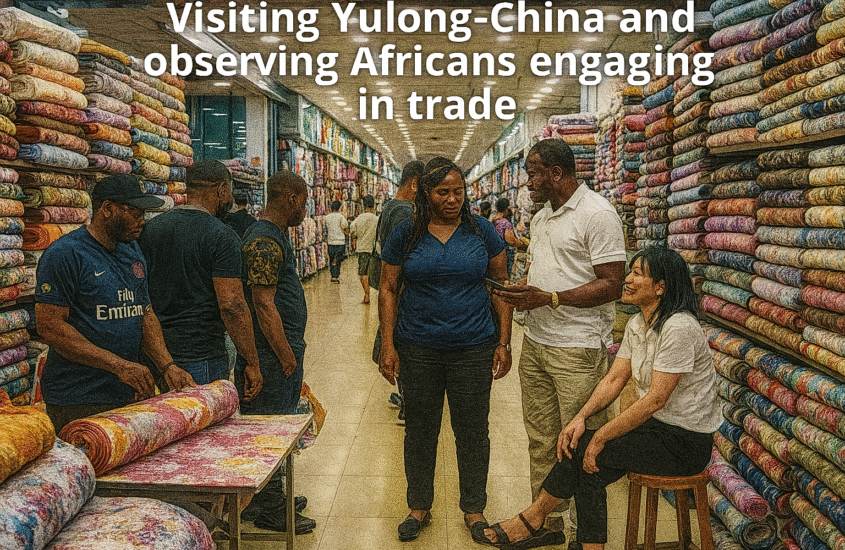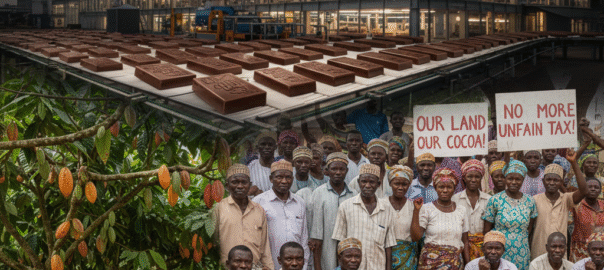02Mar
Tag: Nigeria
Moria’s Scar – Nigeria Launch
"Never again should the profit motives of other nations be allowed to condemn an entire community of farmers to poverty and death." - Moria
Moria’s Scar – Nigeria
"Never again should the profit motives of other nations be allowed to condemn an entire community of farmers to poverty and death." - Moria
Baba Cellular of Eyita
Psalm 20:7 "Some trust in chariots and some in horses, but we trust in the name of the Lord our God".
Inside Yulong: The African Pulse of China’s Textile Trade
Travelling in China reveals different aspects of this great country, often misunderstood by the West.
In this piece, I write about my experience visiting Yulong and observing a cross-section of Africans, largely, negotiating trade deals in the textile business.
The Man Died
Moria returns to Boston, accosting Erik with her findings. Unfortunately Erik's ill health could not allow Moria to get him accept culpability for the economic woes and death suffered by the Agbekoya and communities in Western Nigeria.
She gave her most powerful message, "You didn’t just lower the price of cocoa; you lowered the value of men’s lives. And when men lose their dignity, they reach for a weapon."





